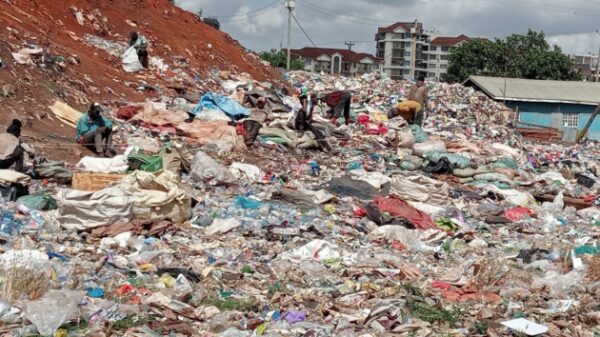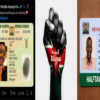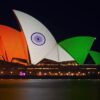NAIROBI, Kenya, Jul 5 – Public awareness on wearing of face masks has been reported at 46 per cent in a new study commissioned by the Canadian High Commission in Kenya.
The findings of the research conducted by Trends and Insights for Africa (TIFA) listed the dusk-to-dawn curfew as the second most rated coronavirus prevention measures as far as public awareness is concerned.
The report released on Sunday showed 37 percent of 579 respondents interviewed were cognizant of the travel restrictions imposed in areas marked as coronavirus hotspots.
“By far, the measures imposed/advised by Government of which most respondents are aware are mask-wearing in public, the night curfew, the Nairobi area ravel restrictions, and “keeping distant” when in public place,” reads the report.
Only 49 per cent of those surveyed said there is complete obedience to curfew within their locality. Forty per cent of those interviewed reported partial compliance with five per cent indicating no compliance to the measures at all.
Travel restrictions in and out of the Nairobi Metropolitan Area was listed as the most effective of measures put in place to combat the spread of the virus at 19 per cent.
Twenty-four per cent the respondents listed social distancing as the most effective prevention measure with 13 per cent saying mass testing was the most effective way to contain contagion.
The effectiveness of dusk-to-dawn curfew and stay at home advisories was rated at nine and eight per cent respectively.
The effectiveness of mass testing of suspected patients and arresting those violating the regulations was scored at 4 per cent.
The study conducted between June 2 and 15 through telephonic interviews reported at 4.1 per cent margin of error.
The the publication of the report comes at a time of palpable anxiety over an impending presidential address on Monday July 6, in which President Kenyatta is expected to pronounce himself on the status on travel restrictions in and out of Nairobi, Mombasa and Mandera.
The health ministry on Saturday reported 389 coronavirus cases with 4,289 samples screened raising reported infections since March to 7,577.
The cumulative number of samples tested since March stands at 185,035.














































